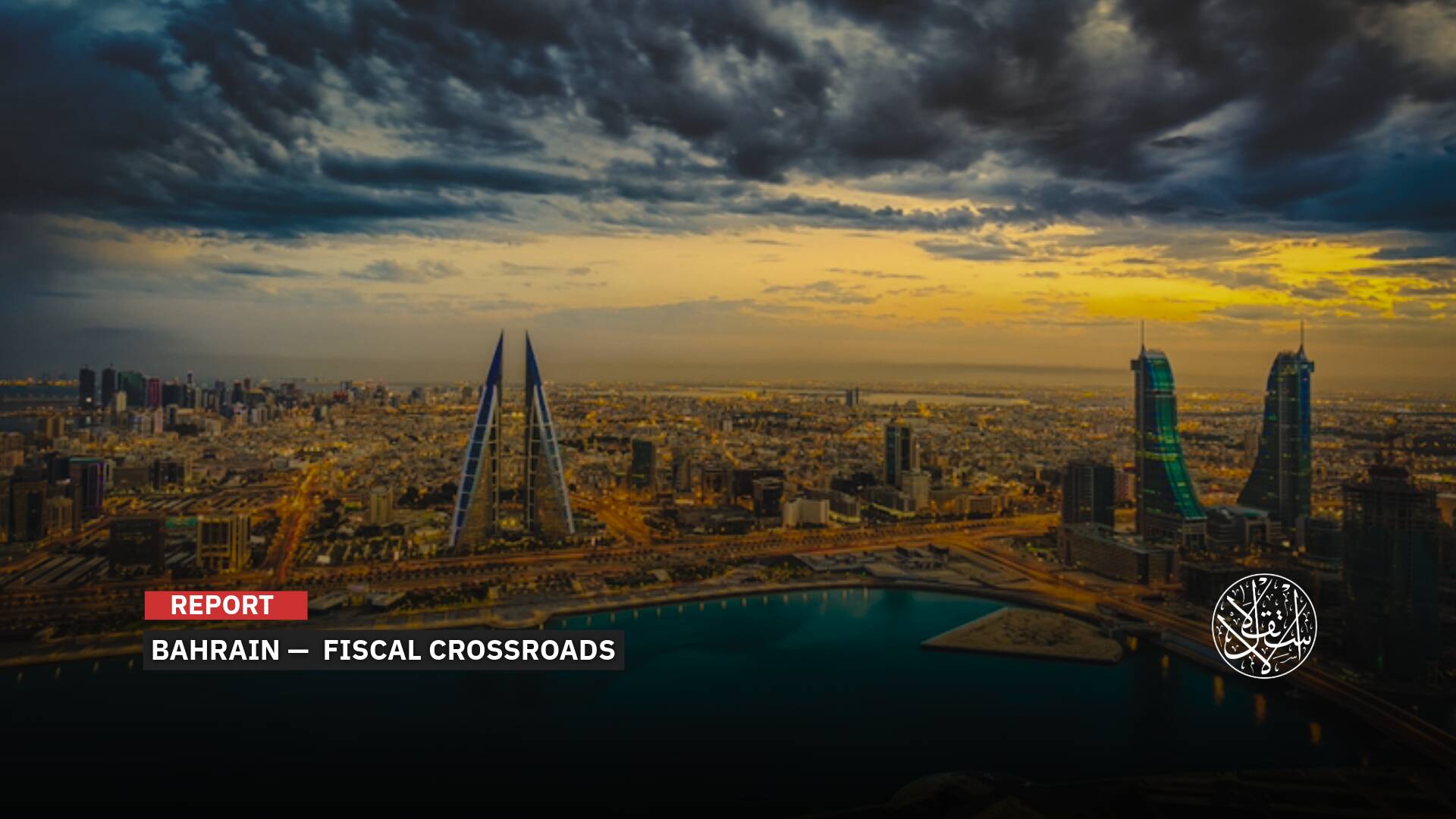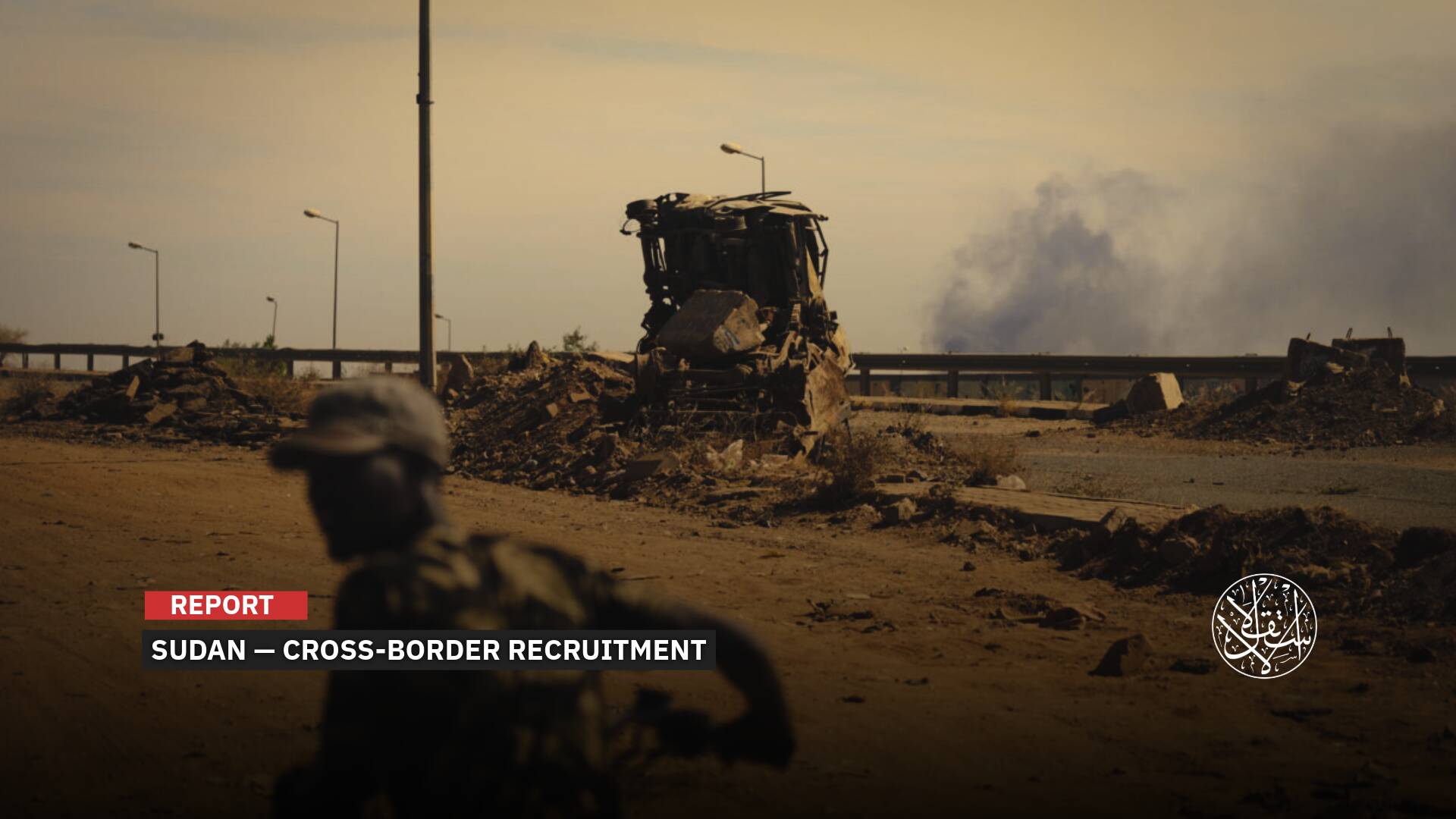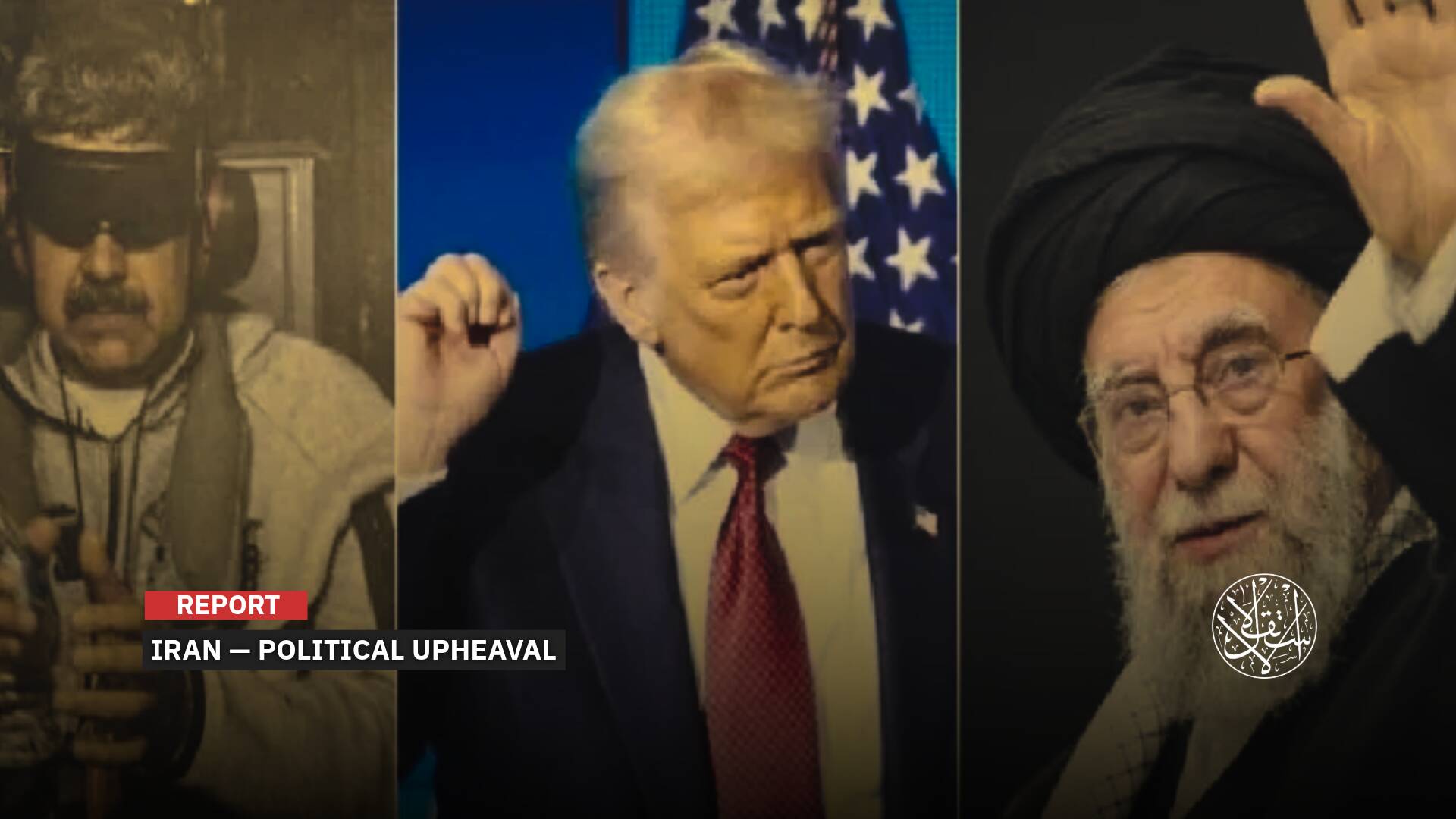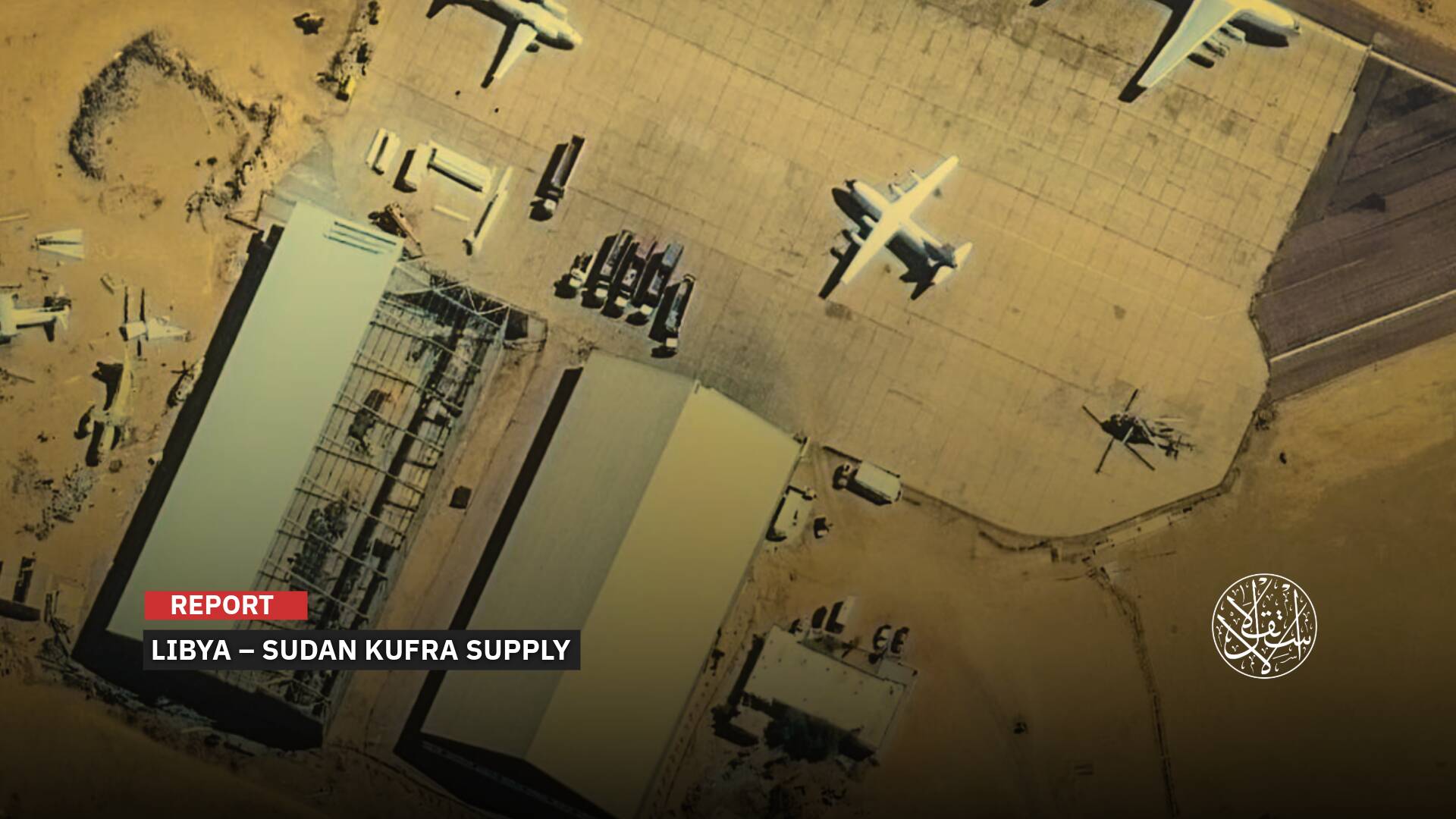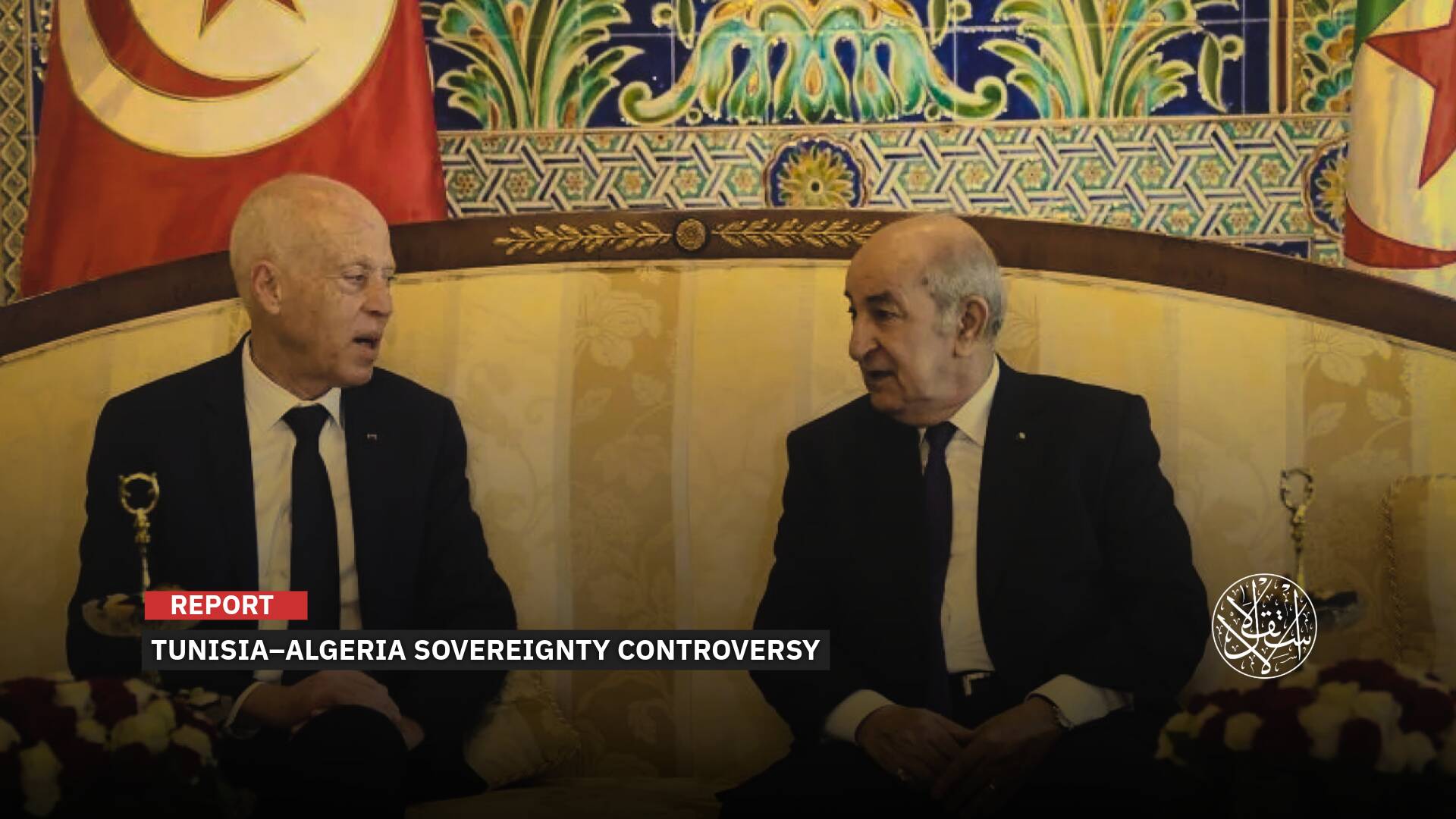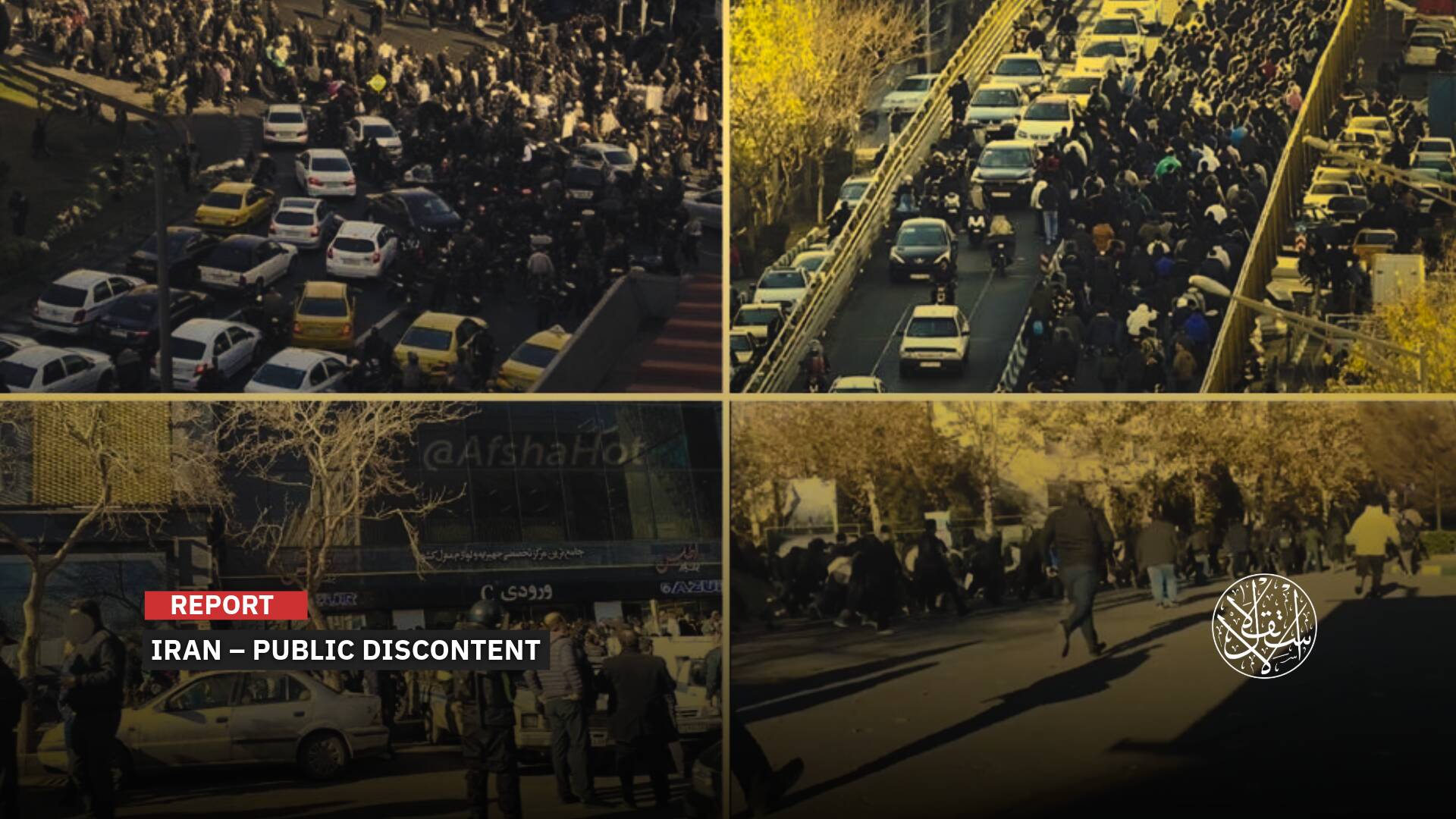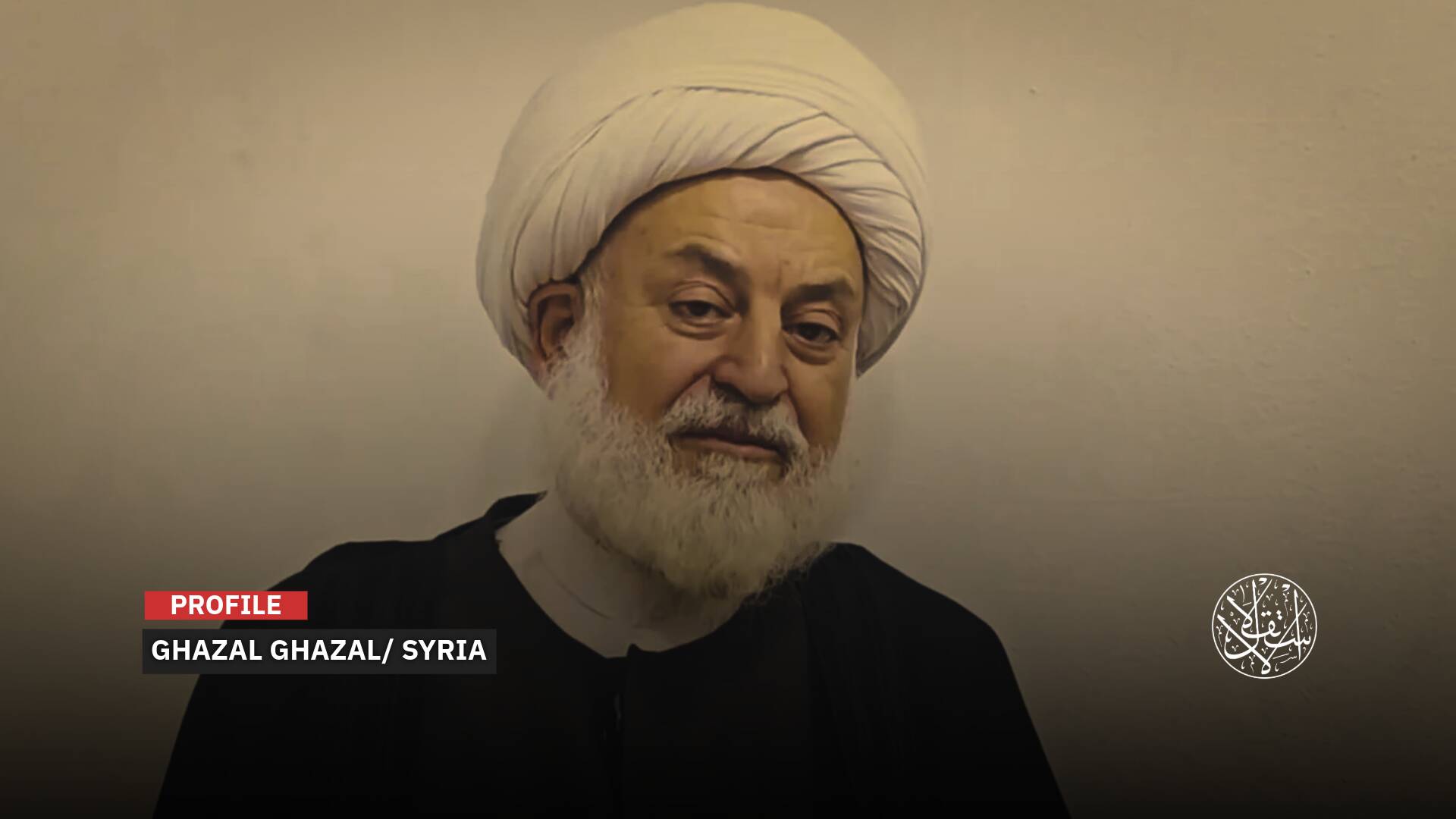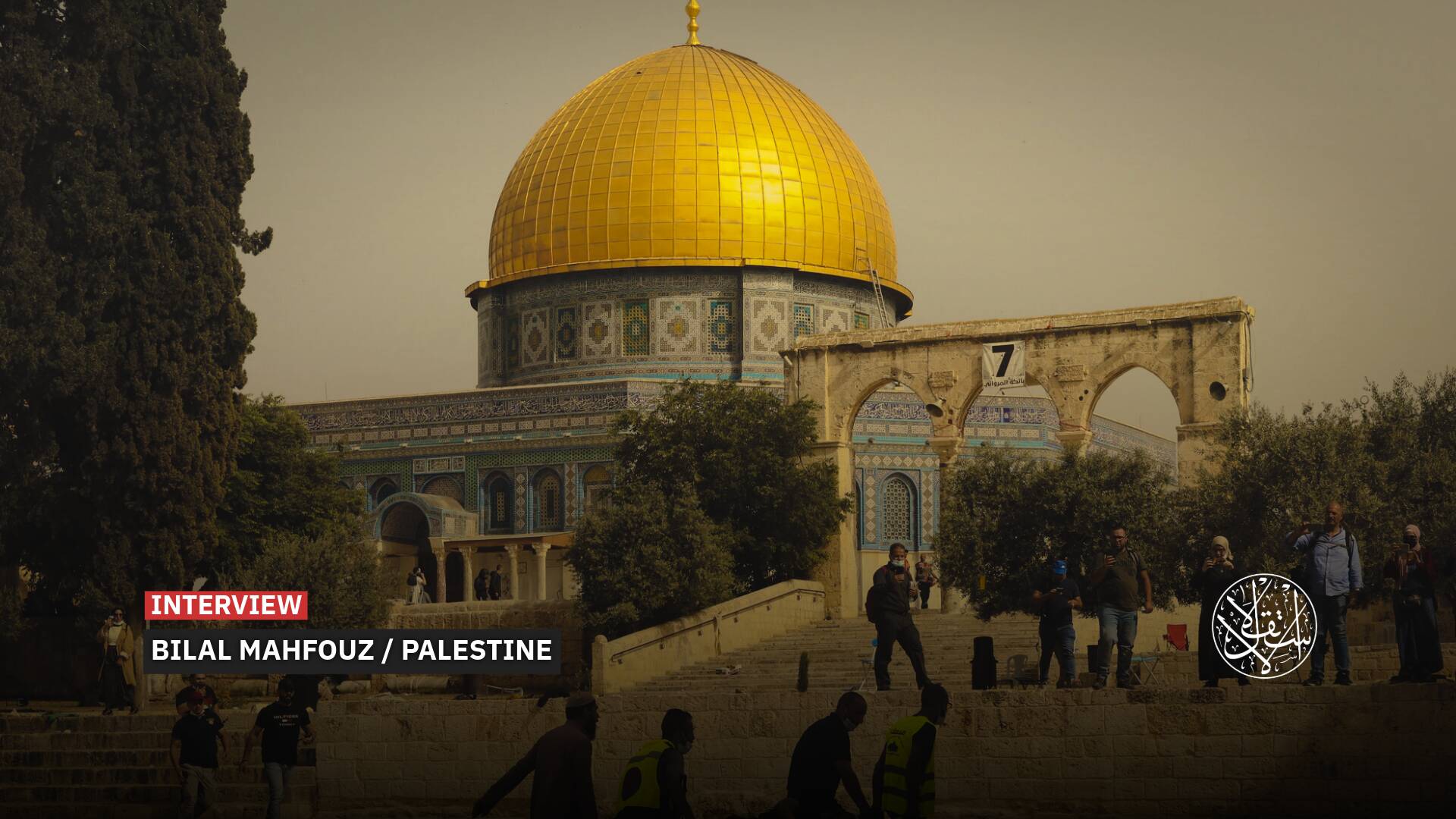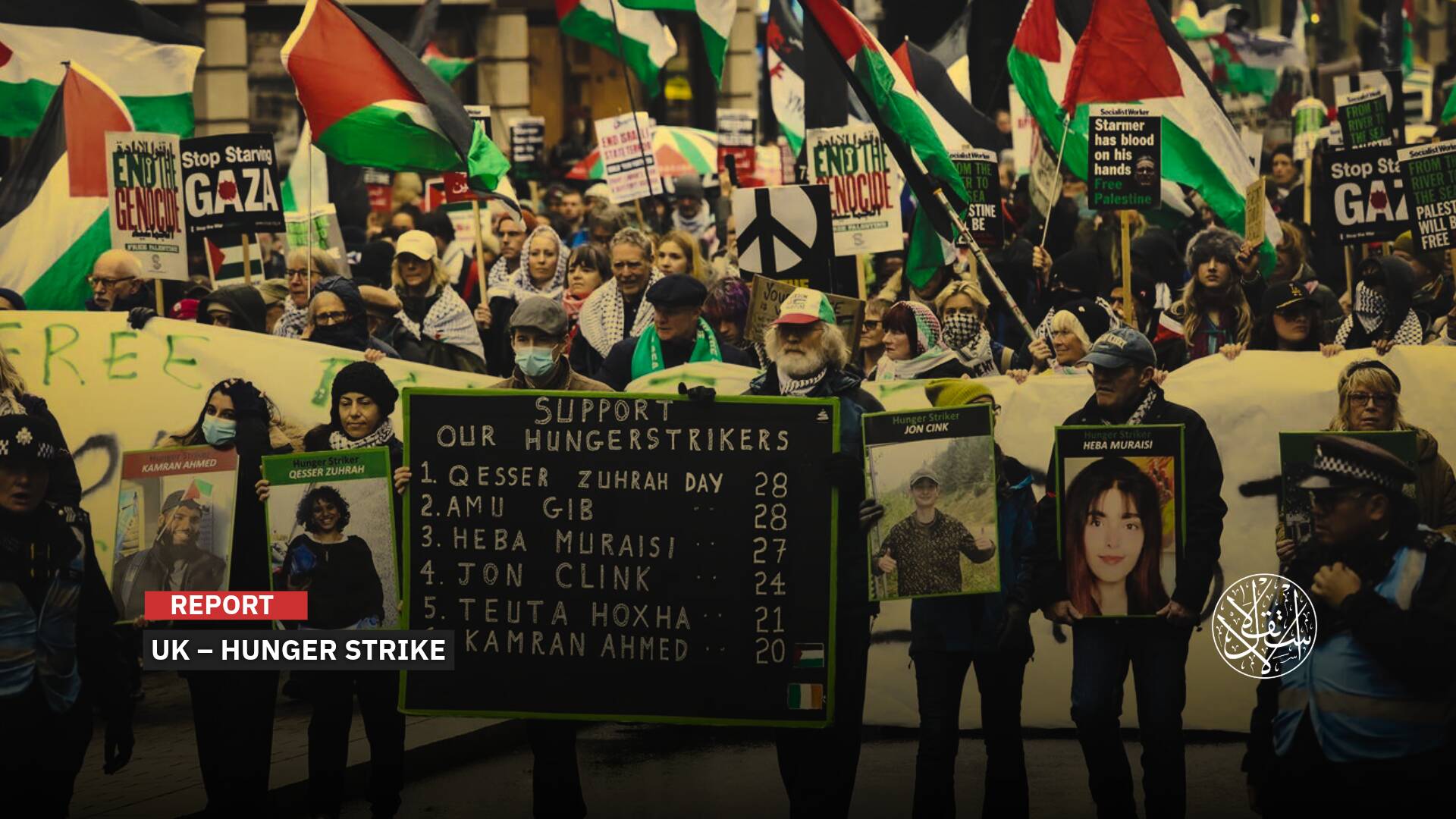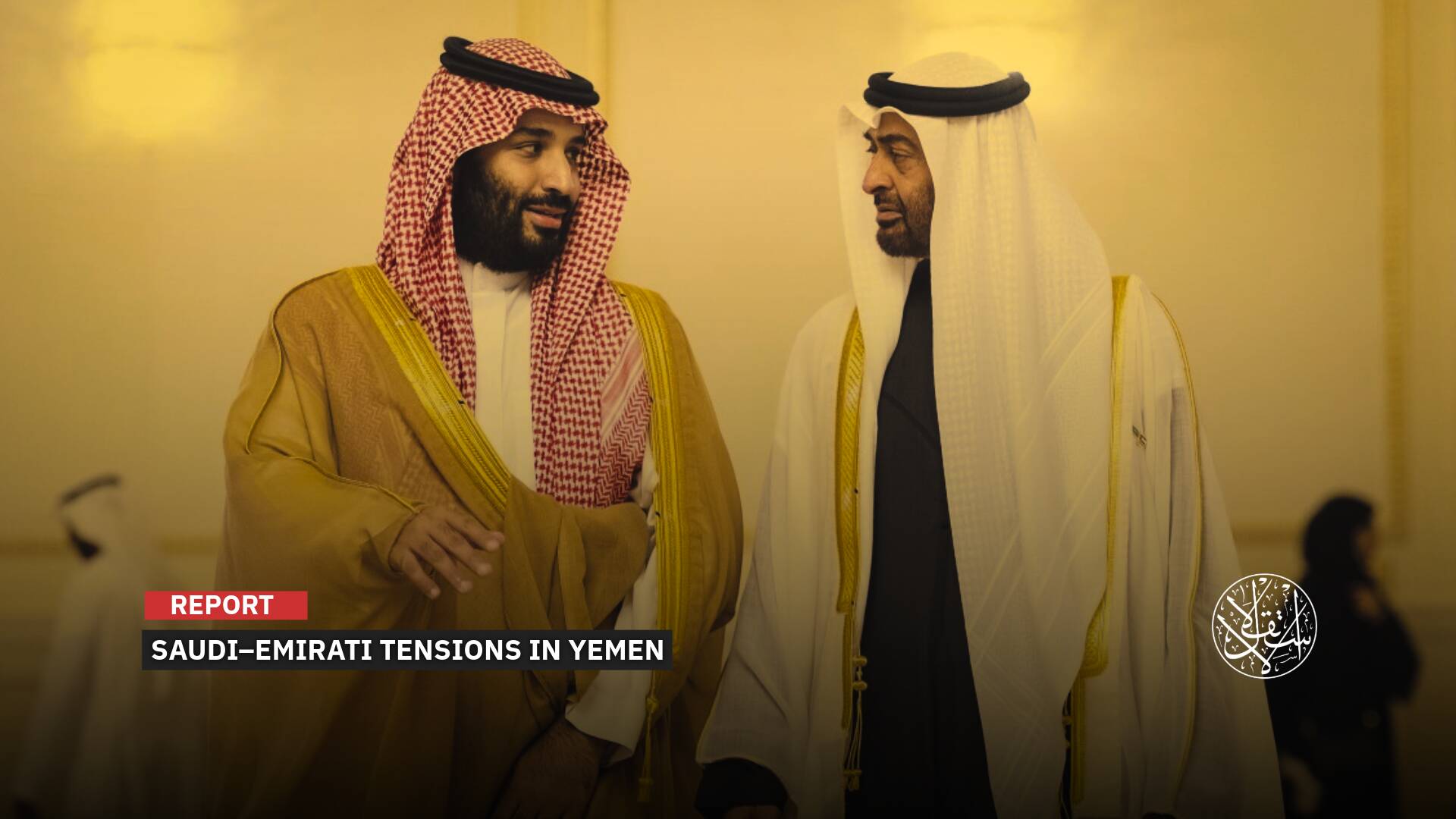Giorgia Meloni in Tunisia: Will Tunisia Be Europe’s ‘Border Guard’?

Tunisia has become a major crossing point for irregular migrants seeking to reach Europe, according to a report by the Tunisian Forum for Economic and Social Rights.
The report said that more than 3,400 Tunisians, including 865 minors, arrived at the Italian coasts in the first five months of this year, an increase from the same period last year.
Thousands more migrants of other nationalities, especially from sub-Saharan Africa, also used Tunisia as a transit country.
The influx of migrants has put pressure on Italy, which has been struggling with the economic and social impact of the arrivals.
Supporting Saied
Italian officials have made frequent visits to Tunisia in recent weeks, hoping to curb the phenomenon and support the stability of the North African country, which is facing a severe financial crisis.
Last week, Italian Prime Minister Giorgia Meloni met with President Kais Saied in Tunis to discuss the migration issue, among other topics.
Meloni said that Tunisia was in a “very delicate situation” and warned of a “worrying scenario” if the government collapsed. She said Italy was working at an international level to avoid such an outcome.
Meloni’s visit followed those of Italian Interior Minister Matteo Piantedosi and Foreign Minister Antonio Tajani, who also focused on irregular migration during their trips to Tunisia.
Tajani said he would speak with U.S. Secretary of State Antony Blinken and International Monetary Fund Director-General Kristalina Georgieva about Tunisia’s stability.
He said Italy’s position was clear: It wanted to help Tunisia avoid any financial crisis and urged the IMF to start disbursing money to the Tunisian authorities.
Rome is trying to leverage its financial aid to Tunisia to persuade the North African country to stem the tide of irregular migrants who use its coasts as a launching point for crossing the Mediterranean Sea to Europe.
Italy, which has seen a sharp rise in migrant arrivals since the right-wing government of Giorgia Meloni took office last year, considers Tunisia a key partner in managing migration flows from Africa and the Middle East.
Many migrants choose to depart from Tunisia because of its geographical proximity to Italy, especially the island of Lampedusa, which is less than 150 kilometers away.
But Tunisia is facing its own economic and political crises, which have worsened since President Kais Saied seized power in July and suspended Parliament. The country is in desperate need of foreign funding to avoid state collapse and bankruptcy.
Italy’s Support
It seems that Italy’s efforts have begun to bear fruit. Saied called weeks ago for tightening restrictions and applying laws strictly on migrants coming from sub-Saharan African countries residing in Tunisia illegally.
Indeed, security authorities began implementing Saied’s orders. They intensified their campaign against irregular migrants coming from sub-Saharan countries and tightened control over Tunisian coasts, which led to preventing hundreds of boats from crossing the Tunisian coast toward Italy.
Italian officials link providing aid to Tunisia with tightening control over its coasts and turning it into a country of asylum, receiving irregular migrants and not allowing them to cross its territory toward the European coasts.
Last year, more than 20 thousand migrants reached the Italian coasts, compared with about 13 thousand in 2021, according to Italian government data.
The numbers are likely to rise this year with improved weather conditions amid growing crises in African countries.
With the increase in the number of migrants, the number of victims and drowning incidents off the Tunisian coast increases.
These incidents left hundreds of dead and missing in the first five months of this year, according to figures provided by humanitarian organizations working in this field.
According to the International Organization for Migration, affiliated with the United Nations, the first quarter of this year witnessed the highest number of migrant deaths since the same period in 2017. The
Tunisian Forum for Economic and Social Rights counted 534 migrants among the victims and missing persons for irregular migration operations on The Tunisian coast this year until the end of May.
As the Mediterranean Sea claimed the lives of 373 people in April alone, the year 2022 marked a grim record of about 600 drownings and disappearances along the Tunisian coast.
Despite the rising death toll and the humanitarian crisis, the Tunisian authorities are expected to intensify their efforts to curb irregular migration by sea without gaining any leverage or benefits from their European counterparts.
Saied, who has been accused of undermining democracy and human rights in his country, seems to lack the skills and the vision to negotiate effectively on this issue.

Pledging for Money
Tunisia, a North African nation mired in debt and a transit point for migrants and asylum seekers risking perilous journeys to Europe, received a pledge of financial support from the European Union on Sunday.
The bloc’s executive arm, the European Commission, announced a program to “strengthen the partnership” with Tunisia that includes a long-term loan of 900 million euros and an immediate disbursement of 150 million euros for the country’s budget.
The loan is contingent on Tunisia securing a $2 billion loan from the International Monetary Fund, which is under negotiation.
The announcement came during a visit by Ursula von der Leyen, the president of the European Commission, who was accompanied by the prime ministers of Italy and the Netherlands.
Von der Leyen met with President Kais Saied, who has consolidated power in Tunisia since 2021 and has been accused of authoritarianism by human rights groups.
Von der Leyen said the European Union would also provide 100 million euros this year to help Tunisia monitor its borders and combat human trafficking.
She added that other joint projects would enable Tunisia to export clean, renewable energy to Europe and to access high-speed internet, with the aim of creating “job opportunities and enhancing growth in Tunisia.”
She mentioned that she hoped to sign an agreement between the European Union and Tunisia at the next European summit later this month.
Furthermore, she praised Tunisia’s democratic transition since the 2011 revolution that toppled dictator Zine el-Abidine Ben Ali, but acknowledged that it was “a long and arduous road.”
The European Union is “the first trading partner and the first investor” in Tunisia, she said, adding that Europe had supported Tunisia’s path to democracy since 2011.

Money for Nothing
But some analysts questioned the European stance. Tasnim Boyala, a Tunisian political activist since the nineties, said she regretted that Europe seemed to be “giving money on a carte blanche.”
In an interview with Al-Estiklal, Boyala asked: “What about reforms and restoring the democratic path? Why does Europe continue to support Saied while he’s violating the constitution and performing a literal coup d’état?”
“Saied is restricting civil liberties and imprisoning opposition activists on charges of ‘conspiring against state security.’ Meanwhile, Europe is flooding him with millions of euros,” she noted.
“In recent weeks, more than 10 politicians, activists, judges, trade unionists, and a prominent independent editor have been arrested in what Amnesty International described as a ‘politically motivated witch hunt.’ This will literally be the end of democracy in the country.”
“Everyone knows that Saied is dismantling the institutions of the state, yet Europe, and Italy specifically, is on terms with him and even supporting him financially and diplomatically,” she concluded.


